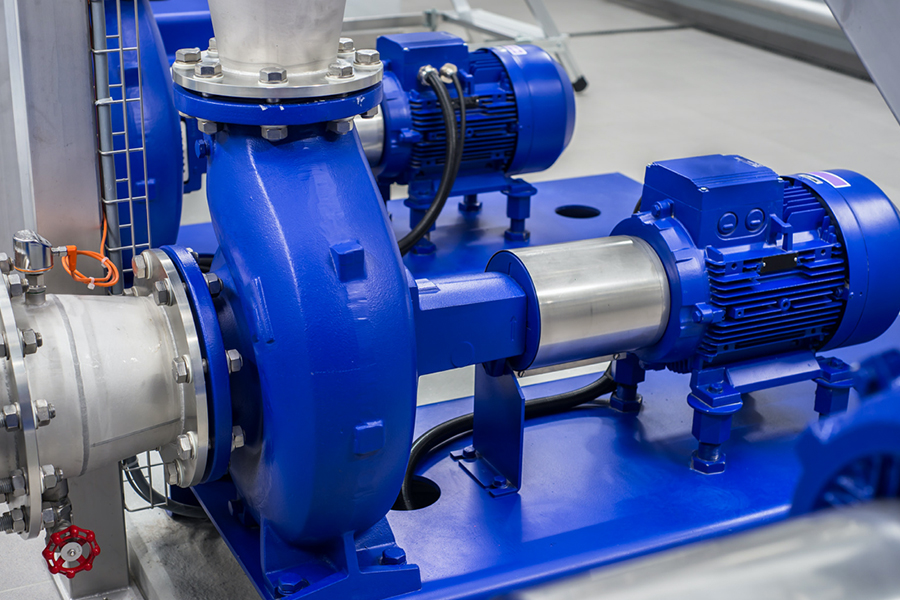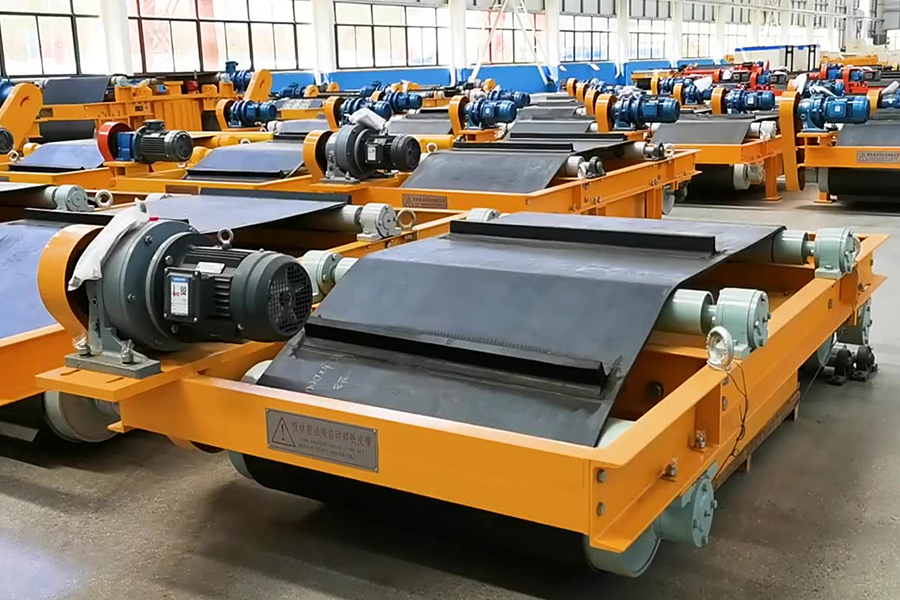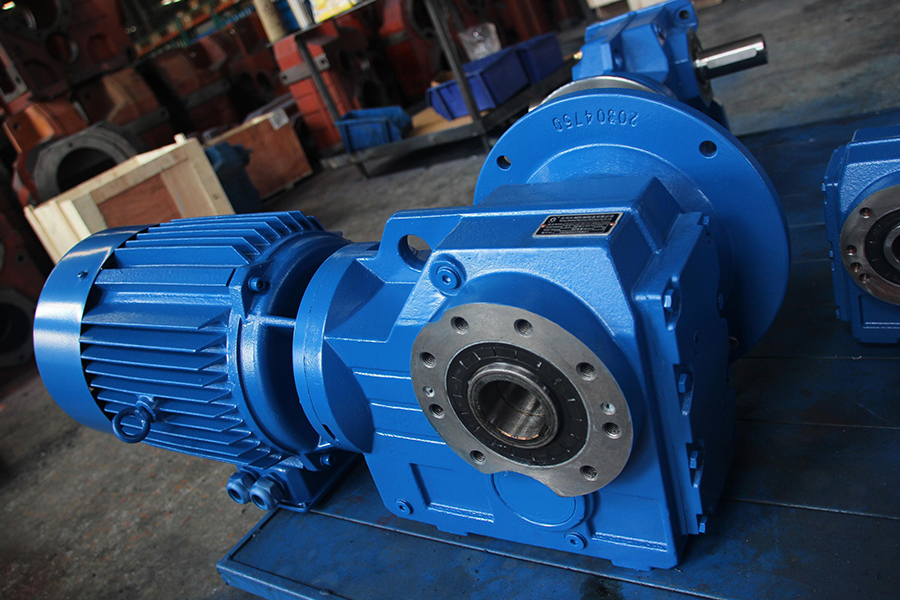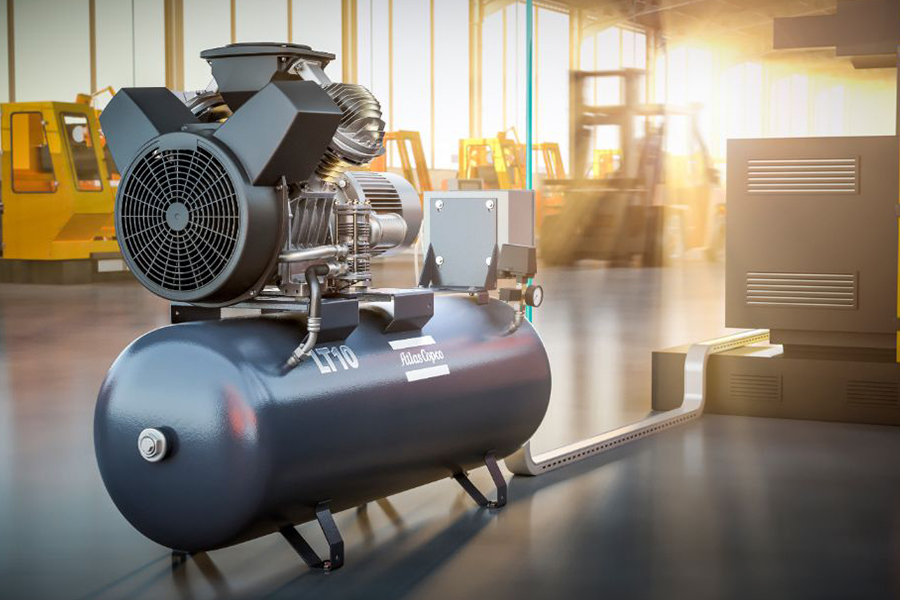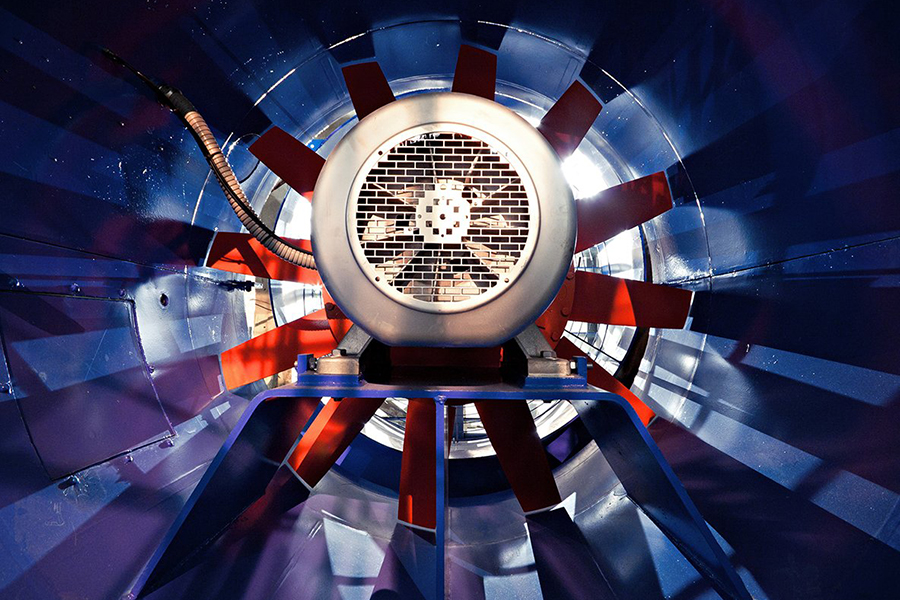In today’s competitive industrial landscape, energy efficiency has become a critical factor in reducing operating costs and improving overall productivity. One of the more effective ways to achieve energy savings is through the adoption of energy-efficient electric motors. This approach not only reduces energy consumption but also extends the lifespan of equipment, pilot to long-term savings.
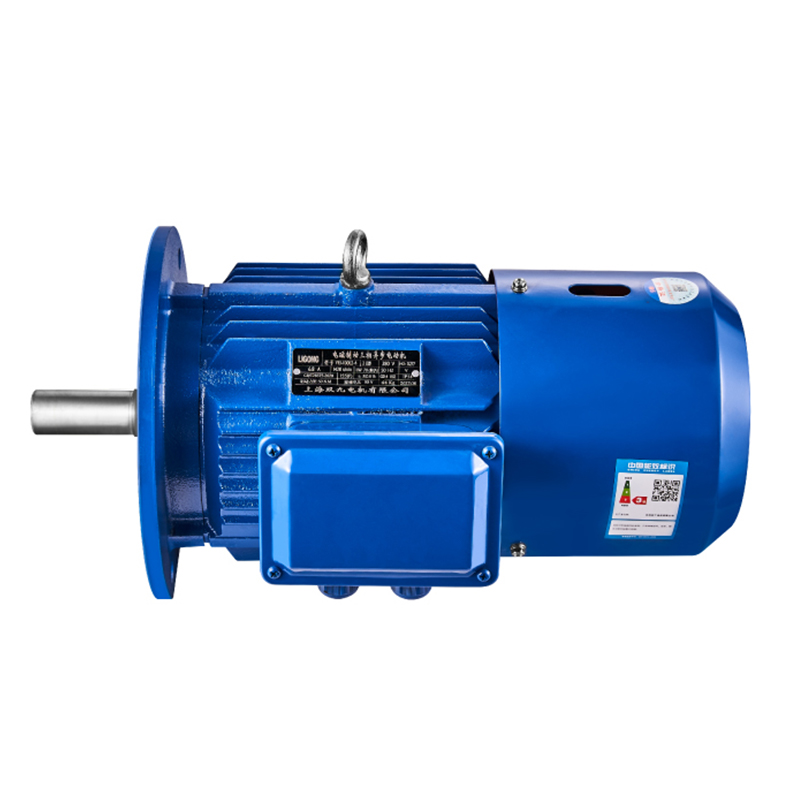
Energy Efficiency Through Motor Design
Energy-efficient motors are designed with advanced materials and engineering techniques that reduce energy loss during operation. Asynchronous Motor Manufacturers have focused on improving motor winding, insulation, and core materials to minimize electrical and mechanical losses. These improvements help factories and plants reduce their electricity bills without sacrificing performance. Moreover, a Frequency Conversion Motor allows for precise control of motor speed, enabling users to match motor output to actual load requirements. This flexibility translates into lower power consumption, especially in processes that do not always require motors to run at full speed.
Reduced Maintenance and Extended Equipment Life
Another benefit of using energy-efficient motors is the reduction in maintenance costs. Motors designed by reputable Asynchronous Motor Manufacturers typically operate at lower temperatures and experience less wear and tear. This means fewer breakdowns and a reduced need for repairs or replacements. In addition, the use of a Frequency Conversion Motor lowers mechanical stress by reducing abrupt starts and slowdowns, helping connected machinery last longer. As a result, businesses can cut down on both direct maintenance expenses and indirect costs associated with production downtime.
Improved Process Control and Flexibility
Industrial applications often require varying levels of motor speed and torque. Traditional motors can be inefficient in such settings because they operate at a constant speed regardless of load. A Frequency Conversion Motor solves this problem by enabling variable speed control, giving operators greater flexibility to adjust motor performance based on real-time demands. Asynchronous Motor Manufacturers have integrated this capability into their products to support a wide range of industrial applications, from conveyor systems to ventilation and pumping systems. This adaptability not only improves process efficiency but also prevents energy waste during low-demand periods.
Contribution to Sustainability Goals
With increasing emphasis on sustainable practices, industries are under pressure to reduce their carbon footprint. Energy-efficient motors contribute to this objective by lowering energy consumption and reducing greenhouse gas emissions. Many Asynchronous Motor Manufacturers are committed to developing products that comply with international energy efficiency standards. The use of a Frequency Conversion Motor further supports sustainability by fewer energy wastage through precise motor control. Companies that adopt these technologies can align their operations with environmental regulations while achieving cost savings.
Long-Term Financial Benefits
Investing in energy-efficient motors may involve a higher upfront cost compared to standard motors, but the long-term financial benefits outweigh the initial investment. By collaborating with Asynchronous Motor Manufacturers, businesses gain access to motors that deliver consistent energy savings over time. Additionally, incorporating a Frequency Conversion Motor into industrial systems provides additional energy and maintenance savings. Over the lifespan of the equipment, these savings accumulate, pilot to a significant reduction in total operating costs.
Through the combined efforts of Asynchronous Motor Manufacturers and the advantages of Frequency Conversion Motor technology, businesses can enhance energy performance, reduce maintenance costs, and support sustainable practices without compromising productivity.

 English
English 中文简体
中文简体 عربى
عربى



